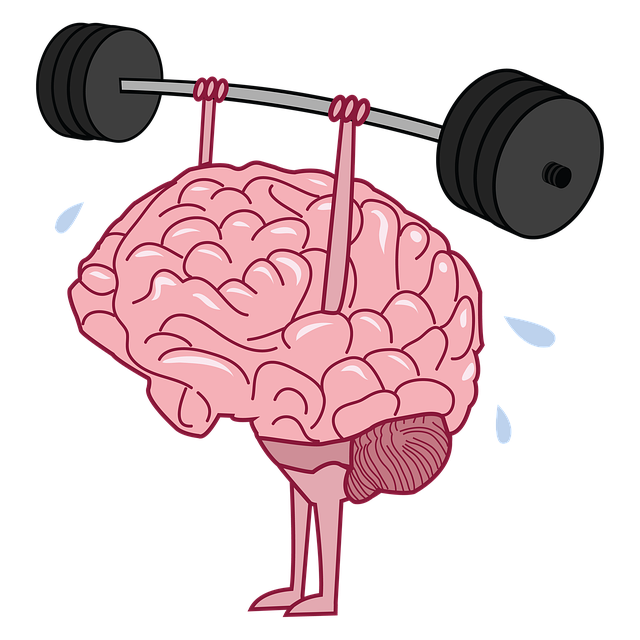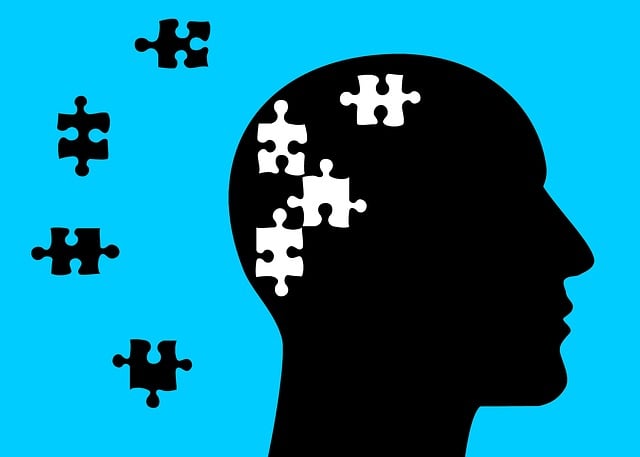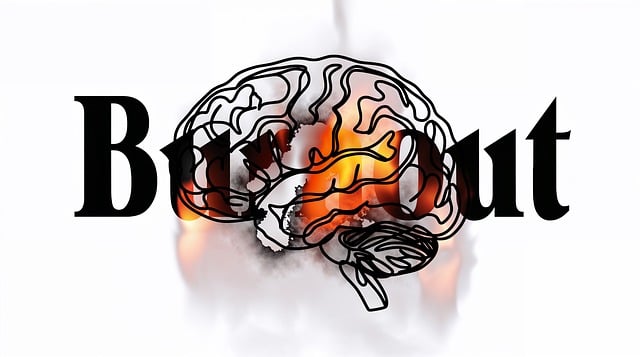Anxiety left unchecked significantly impacts daily life, making it crucial to identify personal triggers through journaling. Techniques like exposure therapy, Lafayette Acceptance and Commitment Therapy (ACT), and cognitive restructuring help individuals confront fears safely and reframe negative thoughts. ACT encourages emotional acceptance over suppression, integrating mindfulness with relaxation techniques for better stress management. Lifestyle adjustments including exercise, meditation, and balanced nutrition foster mental resilience alongside evidence-based therapies, offering a holistic approach to anxiety management.
Anxiety is a prevalent challenge, but effective management techniques can foster resilience. This comprehensive guide explores various strategies, from understanding anxiety’s patterns and triggers to powerful therapeutic approaches like Lafayette Acceptance and Commitment Therapy (ACT). Discover cognitive restructuring, mindfulness, and relaxation techniques for immediate calmness, along with lifestyle adjustments for lasting relief. By implementing these evidence-based methods, you can navigate life with greater ease and reduced anxiety.
- Understanding Anxiety: Recognizing Patterns and Triggers
- Lafayette Acceptance and Commitment Therapy (ACT): A Powerful Approach
- Cognitive Restructuring: Challenging Negative Thoughts
- Mindfulness and Relaxation Techniques for Calmness
- Lifestyle Adjustments for Effective Long-Term Management
Understanding Anxiety: Recognizing Patterns and Triggers

Anxiety is a complex emotion that can significantly impact daily life when left unaddressed. Understanding its root causes and patterns is a pivotal step in managing it effectively. Many individuals struggling with anxiety often report specific triggers, such as social situations, public speaking, or even certain environments. Recognizing these patterns allows for the development of personalized strategies to cope. For instance, those who experience social anxiety might benefit from exposure therapy or Lafayette Acceptance and Commitment Therapy (ACT) to gradually face their fears in a safe environment.
Identifying personal triggers is not always straightforward; it may involve keeping a journal to record thoughts, feelings, and situations that lead to anxious episodes. By doing so, individuals can gain valuable insights into their unique experience of anxiety. This awareness is crucial for implementing self-care practices and mood management techniques that target specific triggers, ultimately fostering resilience in the face of life’s challenges. Moreover, Trauma Support Services can offer specialized tools to navigate complex emotional responses, ensuring a holistic approach to anxiety management.
Lafayette Acceptance and Commitment Therapy (ACT): A Powerful Approach

Lafayette Acceptance and Commitment Therapy (ACT) is a powerful approach that helps individuals manage anxiety by fostering emotional regulation and mental wellness. Unlike traditional talk therapies, ACT encourages acceptance of difficult thoughts and feelings rather than trying to suppress or avoid them. This shift in perspective allows people to focus on values-driven actions that lead to meaningful lives, despite the presence of anxiety.
By combining mindfulness practices with cognitive and behavioral techniques, Lafayette ACT equips mental health professionals with a comprehensive risk assessment tool. This enables them to guide clients through challenging situations, providing effective emotional regulation strategies. Additionally, journaling exercises can serve as a valuable complement to therapy, offering guidance for tracking thoughts, feelings, and behaviors in a mental wellness journal. Through these methods, Lafayette ACT empowers individuals to take control of their lives, reduce anxiety symptoms, and enhance overall mental wellness.
Cognitive Restructuring: Challenging Negative Thoughts

Cognitive Restructuring is a powerful technique within Lafayette Acceptance and Commitment Therapy (ACT) that focuses on identifying and challenging negative or distorted thought patterns. This process involves becoming aware of automatic negative thoughts, which can often be exaggerated or irrational. By questioning these thoughts, individuals learn to reframe them in a more realistic and balanced manner. For instance, instead of thinking, “I always mess things up,” one might challenge this belief by considering evidence that supports and contradicts it, leading to a more adaptive perspective.
This technique encourages a shift from negative self-talk to a more accepting and mindful way of thinking, which is a cornerstone of ACT. It helps individuals gain distance from their thoughts, recognizing that they are not the same as facts. This practice, when combined with other burnout prevention strategies for healthcare providers or elements of mental wellness podcast series production, can lead to significant improvements in self-care routine development for better mental health and overall well-being.
Mindfulness and Relaxation Techniques for Calmness

Mindfulness and relaxation techniques have become powerful tools for managing anxiety in today’s fast-paced world. Practicing mindfulness involves focusing your attention on the present moment, observing your thoughts and sensations without judgment. This simple yet profound approach helps to calm an overactive mind and cultivate a deeper sense of inner peace. One effective method is Lafayette Acceptance and Commitment Therapy (ACT), which encourages individuals to accept their emotions rather than trying to suppress them. By embracing this mindset, people can reduce the intensity of anxious feelings and develop a more flexible response to stressful situations.
Complementing mindfulness practices with relaxation techniques further enhances calmness. Deep breathing exercises, progressive muscle relaxation, and guided imagery are among the many methods that promote physical and mental serenity. These strategies not only help to lower anxiety levels but also foster better stress management skills. Incorporating compassion cultivation practices into one’s routine can also contribute to improved mental health awareness and overall well-being.
Lifestyle Adjustments for Effective Long-Term Management

In navigating long-term anxiety management, lifestyle adjustments play a pivotal role. Integrating practices like regular exercise, mindfulness meditation, and balanced nutrition can significantly reduce symptoms and enhance overall well-being. These changes not only promote physical health but also foster mental resilience, helping individuals to better cope with stress and anxiety triggers. For instance, the Lafayette Acceptance and Commitment Therapy (ACT) approach encourages acceptance of thoughts and feelings while committing to actions aligned with personal values.
Complementing these lifestyle shifts, techniques such as Social Skills Training and Emotional Intelligence development can further empower individuals to manage their anxiety effectively. By improving communication, building supportive relationships, and enhancing emotional awareness, these strategies enable people to confront anxiety-inducing situations with increased confidence and composure. Ultimately, combining lifestyle adjustments, evidence-based therapies like ACT, and skills like emotional intelligence forms a holistic approach to enduring stress reduction and improved mental health.
Anxiety management is a journey, and with the right tools, it’s one that can lead to lasting calm. By understanding your anxiety triggers and patterns (Understanding Anxiety), embracing evidence-based therapies like Lafayette Acceptance and Commitment Therapy (ACT) for behavioral changes, and incorporating mindfulness and lifestyle adjustments, you can effectively manage anxiety symptoms over time. Remember, there’s no one-size-fits-all solution, so explore these techniques to discover what works best for you in navigating and overcoming anxiety.














